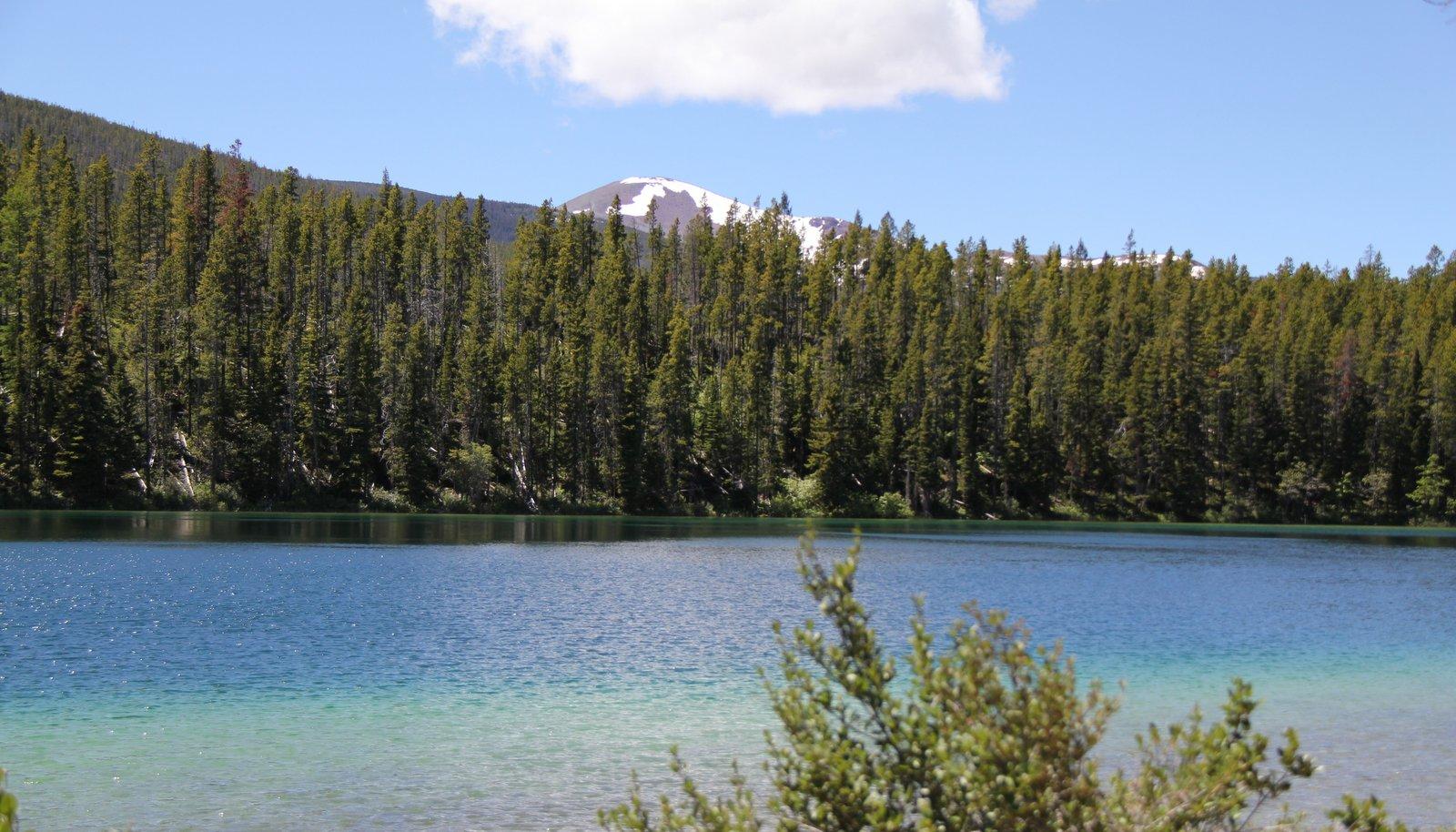Peter Aengst
Scapegoat Wilderness anniversary highlight the power of community-led conservation

CC-BY-SA 2.0)
Hundreds of Montanans from all over the state converged on Lincoln, Montana, recently to celebrate the 50th anniversary of the Scapegoat Wilderness, an area of about 240,000 acres located south of the Bob Marshall Wilderness in Northwestern Montana.
Like our nearby Absaroka Beartooth Wilderness, the Scapegoat is a source of pride for those who have outfitted, hiked, or hunted there for decades. But what makes the Scapegoat Wilderness different is its origin story, as it was the first citizen-driven Wilderness in the United States.
At the time, the Forest Service recommended building roads into “the Lincoln backcountry.” In response a handful of local citizens organized over a half-century ago to protect its crystal-clear waters and mountainous landscapes from logging and road-building. Republican and Democratic members of Montana’s delegation, listening more to the citizenry than the agency, then moved to secure designation of the Scapegoat Wilderness in 1972.
Fifty years later, Montanans are once again advocating to build off the Scapegoat legacy with a public land initiative called the “Lincoln Prosperity Proposal.” This proposed legislation represents a community-led approach to management of about 200,000 acres of national forest lands in the Upper Blackfoot watershed. The town of Lincoln sits in the heart of this area and the community has always relied on the surrounding forests for its economic health, recreation, and well-being.
Obviously, the power of community and its passion for nature bridges generations.
The Scapegoat Wilderness is nothing short of a community-led conservation success. It’s one of the reasons that so many people turned out to celebrate this anniversary in Lincoln’s town park.
Cecil Garland, then-owner of the Lincoln hardware store, helped lead the Scapegoat effort. The decade-long effort was not easy, and his advocacy came with heartache. Garland’s store in part serviced the logging community, yet local timber advocates boycotted his business out of frustration over the wilderness proposal.
Overcoming these kinds of obstacles shows the dedication that people like Garland had for protecting the Scapegoat Wilderness. It’s the same dedication that the folks from Lincoln exhibit today in advocating for the Lincoln Prosperity Proposal.
Lincoln, like many rural Montana communities, has felt the economic effects of boom-and-bust cycles in the mining and timber industries. Yet, Lincoln is tied to its public lands for its livelihood and prosperity. Realizing the need to re-think the community’s relationship to the surrounding national forest and ensure management worked for all users long-term, community leaders decided to come up with a plan to protect where local Montanans work and play.
The Lincoln Prosperity Proposal expands outdoor recreation; establishes the Nevada Mountain Wilderness and expands the Scapegoat Wilderness; aims to reduce wildfire risks; solidifies access to a popular snowmobile area and facilitates improved summer motorized use; and ensures that industrial, extractive uses aren’t permissible in places too special to drill, mine or log. The Lincoln Prosperity Proposal will create certainty for the community of Lincoln, protect its nearby natural resources and attract outdoor recreators to Lincoln with the hope that they stay at the local motels or grab a beer at a nearby tavern.
The Scapegoat anniversary is a time for celebration and reflection. It’s also an opportunity to think about the next 50 years and the generations of Montanans to come.
To learn more about this proposal, visit lincolnprosperity.com.
Let’s give future generations of Montanans a reason to gather again in Lincoln to celebrate another successful community-led effort.
Peter Aengst is The Wilderness Society’s Northern Rockies Senior Regional Director. He lives in Bozeman.
